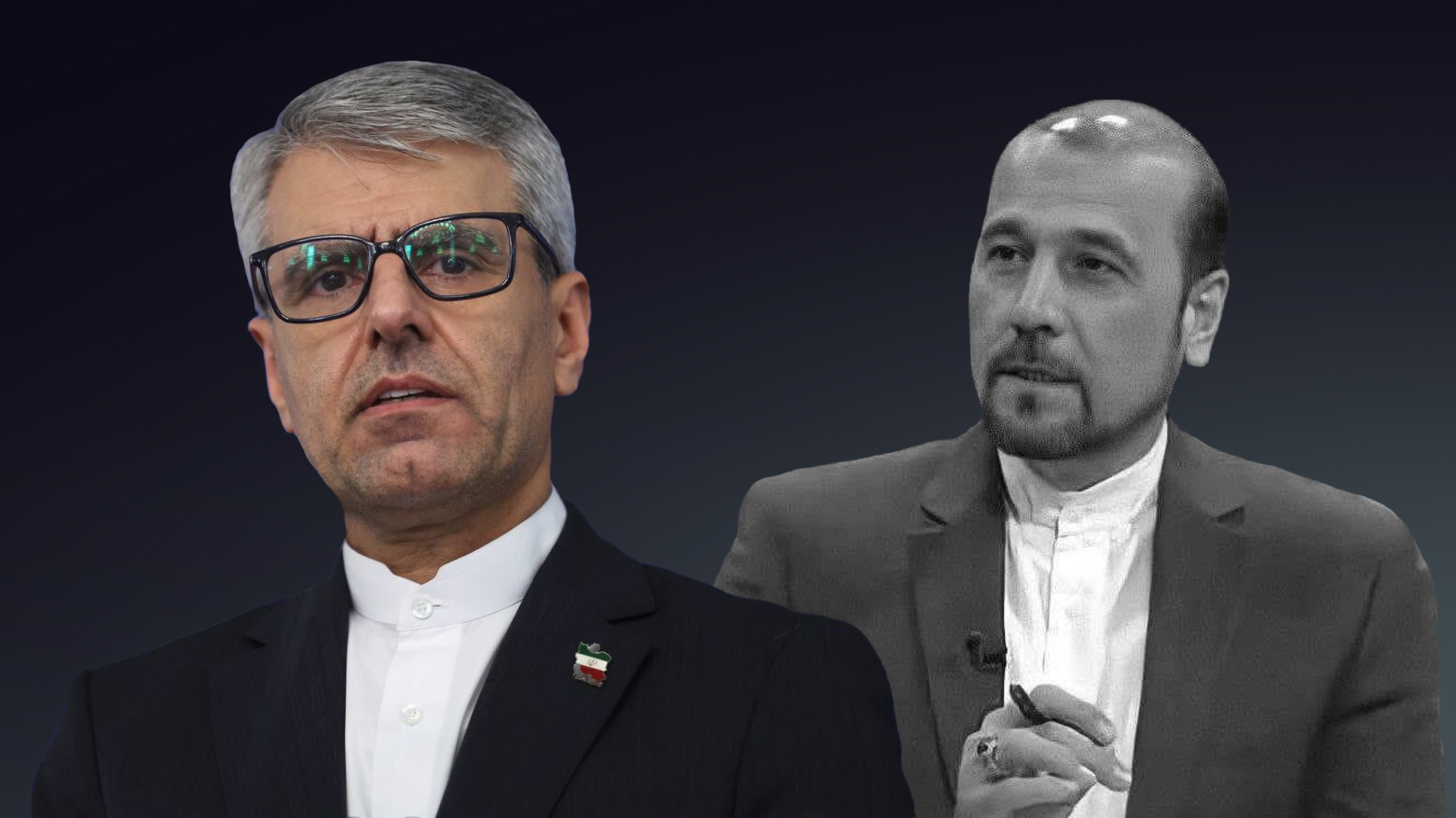Iranian Analyst Vanishes in Cairo; Tehran Confirms, Downplays Diplomatic Role Amid Mossad Claims
Prominent Iranian analyst Amir Mousavi has disappeared in Cairo, with reports suggesting a Mossad abduction. Tehran confirms his disappearance but denies he is a diplomat, stating he traveled on an Iraqi passport. The incident heightens tensions in the context of the Iran-Israel shadow war.

ERBIL (Kurdistan24) – A prominent Iranian analyst and former official, Amir Mousavi, has disappeared in Cairo, igniting a flurry of speculation and official responses that highlight the tense geopolitical climate. While Israeli media reports suggest a possible abduction by Israeli Mossad agents, the Iranian government has confirmed it is aware of his disappearance but has pointedly downplayed his official status, stating he is not a diplomat and was traveling on an Iraqi passport.
The news, which initially circulated on social media, gained official traction when the Didban Iran news website reported that Israeli media had broken the story of Mousavi’s kidnapping.
The reports claimed he was abducted by Mossad upon his arrival at Cairo International Airport. Follow-up by the Iranian website indicated that no trace of Mousavi could be found, and his phone number was unavailable.
Responding to the swirling reports, Ismaeil Baghaei, the spokesperson for the Ministry of Foreign Affairs of the Islamic Republic of Iran, addressed the issue during a press conference on Monday, September 8, 2025.
Baghaei confirmed that Tehran had been alerted to the situation. "Yes, we heard such news today," he stated, before immediately distancing Mousavi from any formal diplomatic role.
"He is not a diplomat," Baghaei asserted, adding that Mousavi was once a "cultural and intellectual advisor to a television channel." He further complicated the narrative by revealing, "What we have heard is that he supposedly went to Egypt with an Iraqi passport."
Despite this official characterization, Baghaei affirmed that the Iranian government would pursue the matter. "According to our duty at the Ministry of Foreign Affairs regarding the protection and defense of the rights of Iranian citizens, we will certainly follow up on this matter through the office of the protection of Iran's interests in Cairo," he said, according to the Tasnim News Agency.
This official clarification from Tehran is in stark contrast to how Mousavi is widely perceived and his extensive, high-profile background.
The Didban Iran website noted that despite the Foreign Ministry’s denial, Mousavi is well-known in media and political circles as a diplomat and former advisor to the Minister of Defense.
His resumé underscores a deep involvement in Iran’s strategic and foreign policy apparatus. He has served as Iran's cultural attaché in Algeria, was the director of the Center for Strategic and International Studies of Iran, and held the position of advisor to the former Iranian Minister of Defense.
Furthermore, Mousavi has been a fixture on major Arab-language satellite channels that are often aligned with Iran and its allies, such as Al-Alam, Al-Mayadeen, and Al-Jazeera.
In his role as an analyst on Middle East affairs, he has been a staunch defender of Iran's foreign policy. His public statements have often been vehemently anti-Israel, including a declaration made in interviews with Al-Mayadeen and Egyptian television that "Israel will disappear," a sentiment that adds a layer of context to the unconfirmed allegations of Mossad involvement in his disappearance.
The combination of Mousavi’s influential past, his vocal political positions, and the shadowy circumstances of his disappearance in a key regional capital has created a complex situation.
While Iran is officially obligated to seek answers about one of its citizens, its public statements appear carefully calibrated to manage the diplomatic fallout, particularly by disputing his diplomatic credentials and highlighting his use of a non-Iranian passport.
The Shadow War vs. Direct Conflict
The disappearance of a figure like Amir Mousavi, and the immediate suspicion of Israeli involvement, must be viewed through the prism of the long-standing and escalating conflict between Iran and Israel.
For years, the two nations were engaged in a "shadow war" characterized by covert operations, cyberattacks, and targeted assassinations. However, this clandestine conflict erupted into an unprecedented direct military confrontation in June 2025, a period sometimes referred to as the 12-day war, which fundamentally altered the rules of engagement.
The twelve-day war between Israel and Iran, fought from June 13 to 24, 2025, was the most significant direct confrontation between the two countries to date. The conflict was rooted in longstanding hostilities that began after Iran’s 1979 Islamic Revolution, which established Tehran’s opposition to Israel and its support for regional armed groups. Israel, for its part, has consistently viewed Iran’s nuclear and missile programs as major security threats.
The fighting began on June 13, when Israel launched a surprise operation targeting Iranian nuclear facilities, missile bases, and military command centers.
Several senior Iranian commanders were killed in the strikes, and large numbers of civilians fled Tehran as bombardments hit key infrastructure.
Iran responded with waves of missile and drone attacks on Israeli cities, which were largely intercepted by Israel’s air defense systems but still caused casualties and damage.
On June 22, the United States joined the conflict with airstrikes on Iran’s main nuclear sites. The following day, Iran retaliated by launching missiles at a U.S. military base in Qatar, though casualties were avoided. A U.S.-brokered ceasefire on June 24 ended the hostilities.
Official figures from HRANA indicated that the Israeli strikes killed 1,190 people and wounded over 4,000 in Iran, while Israel reported around 28 killed and over 3,000 wounded in Israel. The brief but destructive conflict left significant damage to Iran’s military and nuclear infrastructure and heightened concerns over regional security and stability.